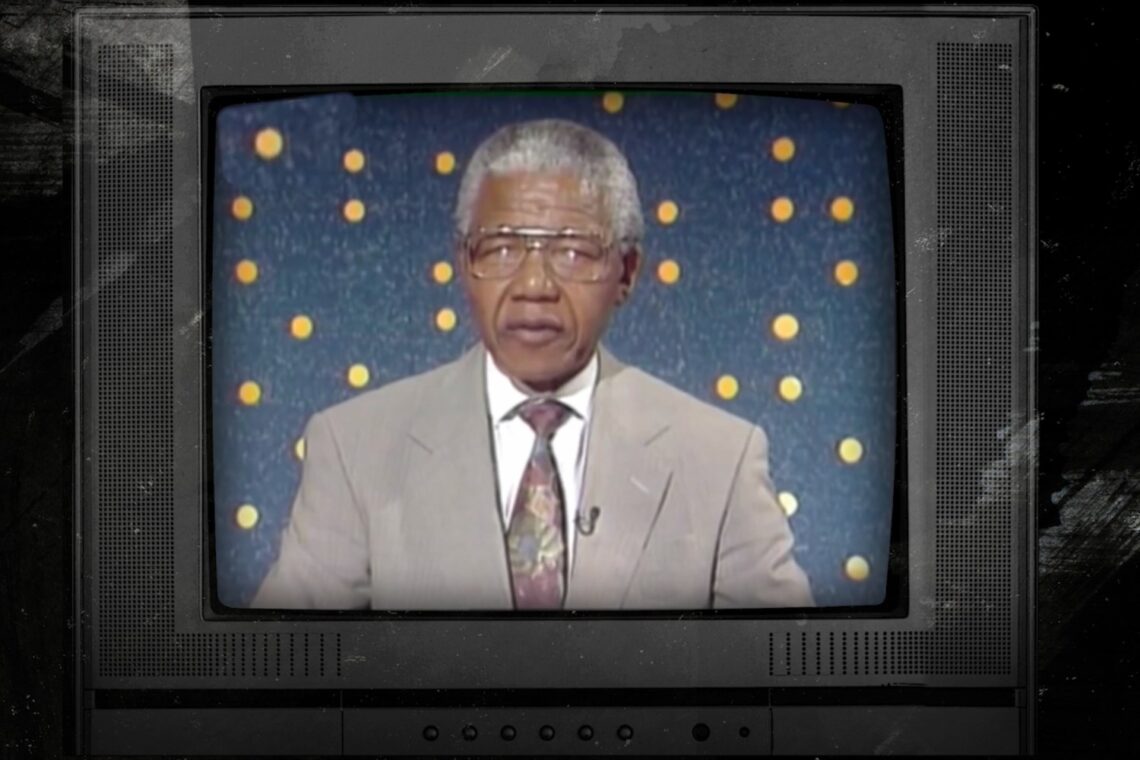The 45th Durban International Film Festival: A celebration of resilience and cinematic expression
A festival with a legacy
The 45th Durban International Film Festival (DIFF) kicked off on a momentous note, coinciding with Nelson Mandela Day, a day that honors South Africa’s first Black president and freedom fighter. The festival’s opening ceremony was a powerful reminder of the importance of personal liberties and the enduring vitality of cinema. Festival manager Andrea Voges emphasized the role of filmmakers in reflecting society and envisioning a better world, stating, “We should never take our freedom and our right to freedom of artistic expression for granted.”
A historical perspective
Founded during the apartheid era, DIFF has always been a beacon of resistance and resilience. Early editions of the festival saw mixed-race audiences risking arrest due to segregation laws. This year’s selection continues to reflect the ongoing struggles and resilience of South Africa, a country still navigating its path three decades into democratic rule. Voges noted, “South Africans are a resilient people, and many of the films in our program depict that resilience, not only conveying the challenges we face as a society but also showing, optimistically, a path forward.”
Opening and closing films
The festival opened with “Legacy: The De-Colonized History of South Africa,” a documentary by South African-born, U.S.-based actor and filmmaker Tara Moore. The film delves into the legacy of apartheid and the persistent inequality in South Africa. The closing film, “The Showerhead,” directed by Craig Tanner and produced by Anant Singh, is a documentary about the legendary political cartoonist Jonathan Shapiro, known as Zapiro. His work has been at the forefront of post-liberation South Africa’s fight for justice.
A global and local showcase
DIFF’s 45th edition features a diverse program that includes both local and international films. Highlights include Payal Kapadia’s Cannes Grand Prix winner “All We Imagine as Light,” Mati Diop’s Berlin Golden Bear winner “Dahomey,” Sandhya Suri’s Un Certain Regard standout “Santosh,” and Mohammad Rasoulof’s Cannes multi-award winner “The Seed of the Sacred Fig.” The festival also aims to create a space for emerging filmmakers, particularly from underrepresented African countries, with films from Kenya, Mozambique, Madagascar, Somalia, and the Democratic Republic of Congo.
Supporting local cinemas
In response to the challenges faced by South African cinemas, DIFF is introducing discounted ticket packages to attract audiences back to theaters. For the first time, the festival will also partner with independent cinemas in Johannesburg and Cape Town to screen program highlights after the festival wraps. Voges emphasized the importance of supporting both big chains and independent cinemas, stating, “While we partner with the big chains, it’s also a statement that we also support independent cinemas.”
Focus on emerging filmmakers
This year’s festival will see a stronger focus on Isiphetu, DIFF’s industry program for emerging filmmakers. Through a series of free workshops, Isiphetu offers training sessions not readily available to many aspiring filmmakers in South Africa. Voges described Isiphetu as a “stepping stone” to the more established Durban FilmMart, ensuring that emerging filmmakers feel integrated into the main festival program.
A commitment to the community
DIFF’s long-running commitment to the local community is evident in its series of screenings at venues across Durban, including in the city’s poorer townships. Amid uncertain times in South Africa, the festival is renewing its commitment to its mandate, forged in a daring series of screenings at the historic Avalon Cinema more than four decades ago. Voges concluded, “It’s important that Durban, this 45-year-old institution, continues to exist, despite all of the challenges.”
The Durban International Film Festival runs from July 18 to 28, offering a platform for cinematic expression and a celebration of resilience and creativity.

 Italian
Italian







